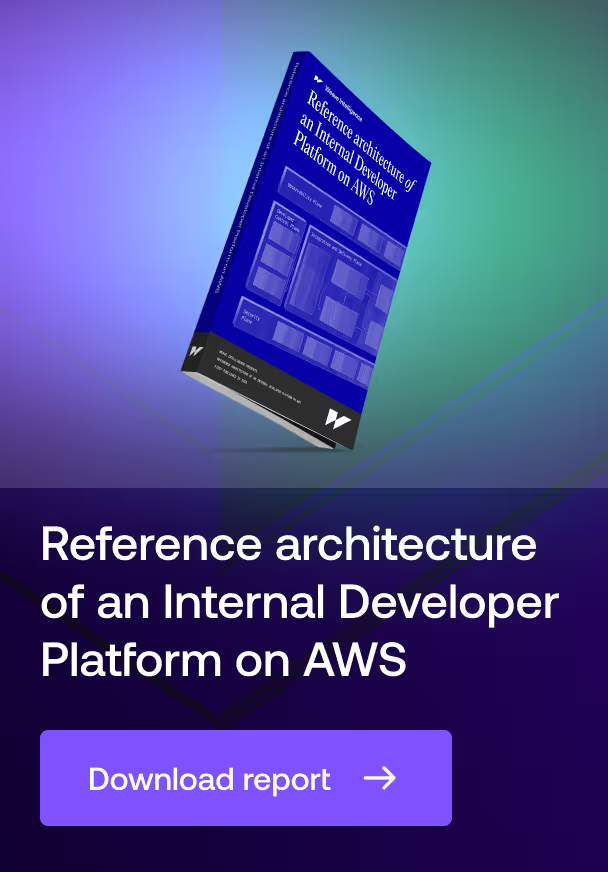Profile
Styra is an enterprise authorization platform built around Open Policy Agent (OPA), providing unified policy management for cloud-native environments. The platform consists of the open-source OPA policy engine, Enterprise OPA for enhanced performance, and Styra DAS for centralized control. As the creator of OPA, a CNCF graduated project, Styra established the policy-as-code paradigm for cloud-native authorization. The platform enables organizations to implement consistent authorization policies across microservices, Kubernetes clusters, and cloud infrastructure while maintaining centralized control and audit capabilities.
Focus
Styra addresses the fundamental challenge of managing authorization at scale in distributed systems. The platform solves the problem of authorization sprawl by decoupling policy decision-making from enforcement, allowing organizations to externalize authorization logic from applications and infrastructure. This approach eliminates the need to embed authorization rules within application code, enabling unified policy management across diverse technology stacks. The solution serves platform engineers, security teams, and developers by providing consistent policy enforcement, centralized management, and comprehensive audit capabilities across cloud-native environments.
Background
Founded in 2015, Styra created Open Policy Agent to solve authorization challenges in cloud-native environments. The company donated OPA to the CNCF in 2018, where it achieved graduated status in 2021, becoming the de facto standard for cloud-native authorization. OPA has been adopted by major organizations including Netflix, Goldman Sachs, and Pinterest for production workloads. While OPA remains under CNCF governance, Styra developed commercial offerings including Enterprise OPA and Styra DAS to address enterprise-scale deployment needs.
Main features
Declarative policy engine with Rego language
The core policy engine evaluates authorization decisions using Rego, a purpose-built declarative language for expressing policies over structured data. Rego enables policy authors to define what should be allowed rather than how to check it, making policies more maintainable and readable. Built on Datalog principles, it provides powerful query capabilities with over 150 built-in functions for manipulating JSON and YAML data, allowing sophisticated authorization logic to be expressed concisely while remaining separate from application code.
Unified policy distribution and management
The platform provides centralized policy management across distributed environments, enabling organizations to author, version, and distribute policies consistently across their infrastructure. Policies can be stored in version control systems, tested through CI/CD pipelines, and automatically deployed across environments. This approach allows security teams to maintain consistent authorization rules across services while enabling developers to integrate policy enforcement using familiar workflows.
Policy impact analysis and monitoring
The system includes comprehensive tools for analyzing policy changes before deployment and monitoring policy decisions in production. Impact analysis capabilities allow teams to understand how policy modifications will affect existing systems, while monitoring dashboards provide visibility into policy evaluation patterns and performance. This enables organizations to maintain strict governance while ensuring policy changes don't disrupt critical services, with detailed audit trails for compliance reporting.







